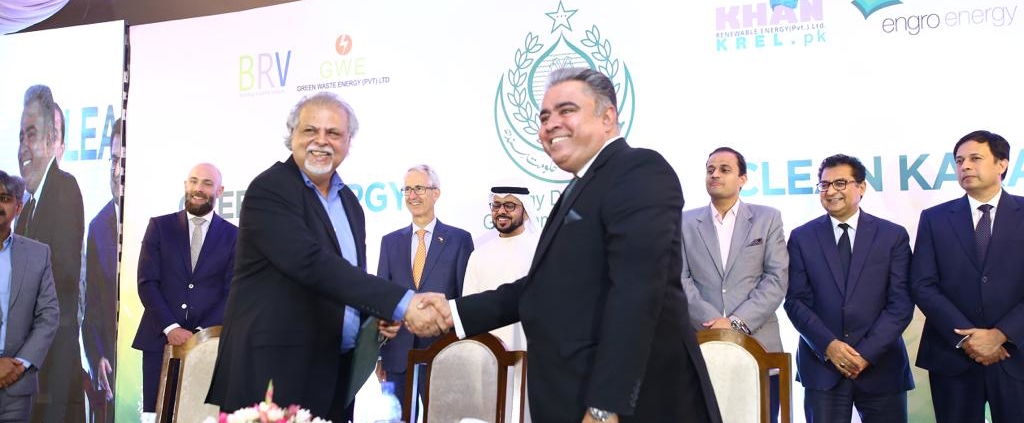Harvest Waste B.V., through its local joint venture Khan Renewable Energy Limited (KREL), received on April 1 a signed letter of intent (LOI) to develop a Waste-to-Energy project with a capacity of up to 50 megawatts. The project is expected to process circa 1,500 tonnes of waste per day with an estimated investment of $150 million US dollars.
The Sindh Government entered into an agreement with KREL for launching a Waste-to-Energy project to transform the residual municipal solid waste generated in Karachi into clean electricity. At the same ceremony, the Sindh Government issued LOI’s to three other consortia.
For these four projects, the Sindh Government will provide land near the landfill site in Karachi. “An approximate investment of 600 million US dollars is expected for these projects and of the 15,000 tonnes of waste that Karachi’s population generates on a daily basis, about 6,000 to 8,000 tonnes of waste will be processed by the WtE plants for the production of 150 megawatts of energy” said Energy Minister Mr. Imtiaz Shaikh. He also mentioned that this project, launched in accordance with the “Green Energy, Clean Karachi” initiative, will not only help process the garbage from Karachi in a sustainable way but will also help meet Pakistan’s renewable energy requirements.
The signing ceremony was attended by Energy Mr. Minister Imtiaz Shaikh, Karachi administrator Mr. Barrister Murtaza Wahab, Managing Director of Sindh Solid Waste Management Board, Mr. Zuhair Channa, Consuls General of the United States and the United Arab Emirates, the Ambassador of The Netherlands, Mr. Wouter Plomp and representatives of Khan Renewable Energy and Harvest Waste.
Next steps
The LOI issued by the Sindh Government sets a clear pathway of milestones towards financial close which will take approximately 18 months. It is clear that after the successful construction of many wind projects with a cumulative installed capacity of more than 1GW, Pakistan is ready to make next steps by implementing WtE to further reduce its carbon footprint and secure reliable as well as sustainable baseload power.
To develop the facility, Harvest Waste will deploy the same expertise used to build the AEB Amsterdam facility, which is the most efficient and cleanest in the world. The plant in Amsterdam can generate 900kWh of electricity from each tonne of waste and has processed over 5.5 million tonnes of waste since its commissioning in 2008. Harvest Waste expects similar success from its Pakistan project.

